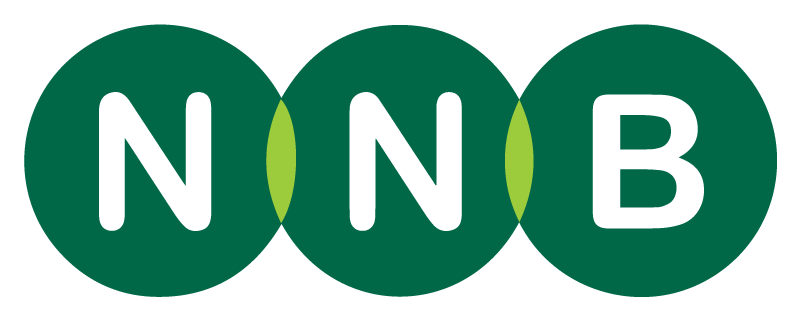By Alexendra Davis
In modern America, it is generally up to the parents to teach children the skills related to food, shopping and economics. Many districts do not teach home economics anymore and those who do, barely scratch the surface.
Living in a world with food delivery just a few taps away, the question arises about the knowledge and ability of minors to take care of themselves nutritionally.
At what age do children and young adults learn to become sufficient in their skills in the kitchen and even more importantly how to shop in the grocery store?
St. Petersburg has food deserts. A food desert is an area that has limited access to affordable and nutritious food. It is determined by the USDA by information like access to transportation and income level to determine these areas.
Midtown is a food desert as there is a large section – around fifty or so blocks – that go without a major grocery store People living in Midtown don’t have access to fresh produce, fresh meats and other foods needed for good nutrition.
Nutritionist Wendy Wesley shared her concerns in regard to nutrition and whether the younger population is able to sustain itself with proper food to begin with.
“There is a lack of economics and food budgeting… Household budgeting. Can you feed yourself without needing Uber Eats every night?” Wesley said.
Wesley now works privately as a nutritionist but spent many years as a hospital nutritionist where she met many adults who did not have access to the proper nutritious foods and ended up in the hospital because of it. These patients dealt with malnutrition in some cases, while others faced high blood sugar, cholesterol, or kidney issues that require special diets to maintain a healthy life. Since witnessing that, it has become her mission to help fix the nutrition insecurity of her hometown.
While it has become a personal fight of hers to focus on getting Midtown the resources it needs to be successful, young people still have issues related to receiving proper nutrition.
“The money young people could use to buy homes… pay student loans, goes right to Uber Eats,” Wesley said. “There is a difference of lifestyle nowadays, it’s “not sexy” to cook at home.”
A lot of young people believe that “cooking at home is what poor people do,” Wesley said.
On top of the barriers including lack of adequate kitchen space and grocery shopping skills, they are also turned off at the idea because it is no longer popular or desired.
Wesley mentioned that Pinellas County schools now teach home economics again,a subject that has been previously removed.. Home economics is the bare minimum in teaching children how to handle adult tasks and Wesley is grateful that it is taught at all.
“Even cooking 101, and basic finances is more than some of these kids get. My son is taking it now, and he’s able to start to learn what he needs to know,” Wesley said.
Speaking with young people in the area, in various age ranges, the goal was to see their skills and ability.
“I could probably do it at fourteen, I knew how to cook and take care of myself…” Howard Adams said. “I probably had a different life than most though, I had to do things sooner.”
Mason, a thirteen-year-old from St. Petersburg shared his experiences and how that has prepared him for the future.
“I know how to grocery shop, cook, and feed myself. I think I can do it nutritionally and with the right foods,” Mason said. “Growing up in a house where my parents don’t eat out much and make more food at home that… tastes better and a lot cheaper, I’ve learned that going out isn’t that great.”
His family has never used food delivery apps and going out was only for special occasions.
“Yeah, it’s less work but it usually doesn’t leave me satisfied,” Mason said. “With cooking and food though, I know a lot more than most kids do.”
He joins his parents for their shopping trips and gains firsthand knowledge on what to get each week and how to budget appropriately. He feels prepared for his future.
Diamond DelValle, now in her early 20s, grew up in the midtown area. She currently lives on her own and has learned a lot since leaving. It took her some time to adjust, and she spent the first months on her own eating relatively poorly and learning what she needed to purchase to be healthy.
“I could do better, but I feel like as far as having a proper amount of nutrition, I am getting better at doing that,” DelValle said.
Delvalle was able to pick up some insights from going grocery shopping with her mom as a kid.
“She taught me how to cook and I went grocery shopping with her as a kid, so I learned just by watching… but as far as the reasoning to not having proper meals, was because I grew up with my mom making ends meet,” Delvalle said. “She was struggling to get food by the end of the month… Nothing was her fault, but that’s just the way life was for me.”
Food nutrition is important, and getting these skills more readily available into the hands of the youth population should be a priority, so they are better prepared in the long run.

